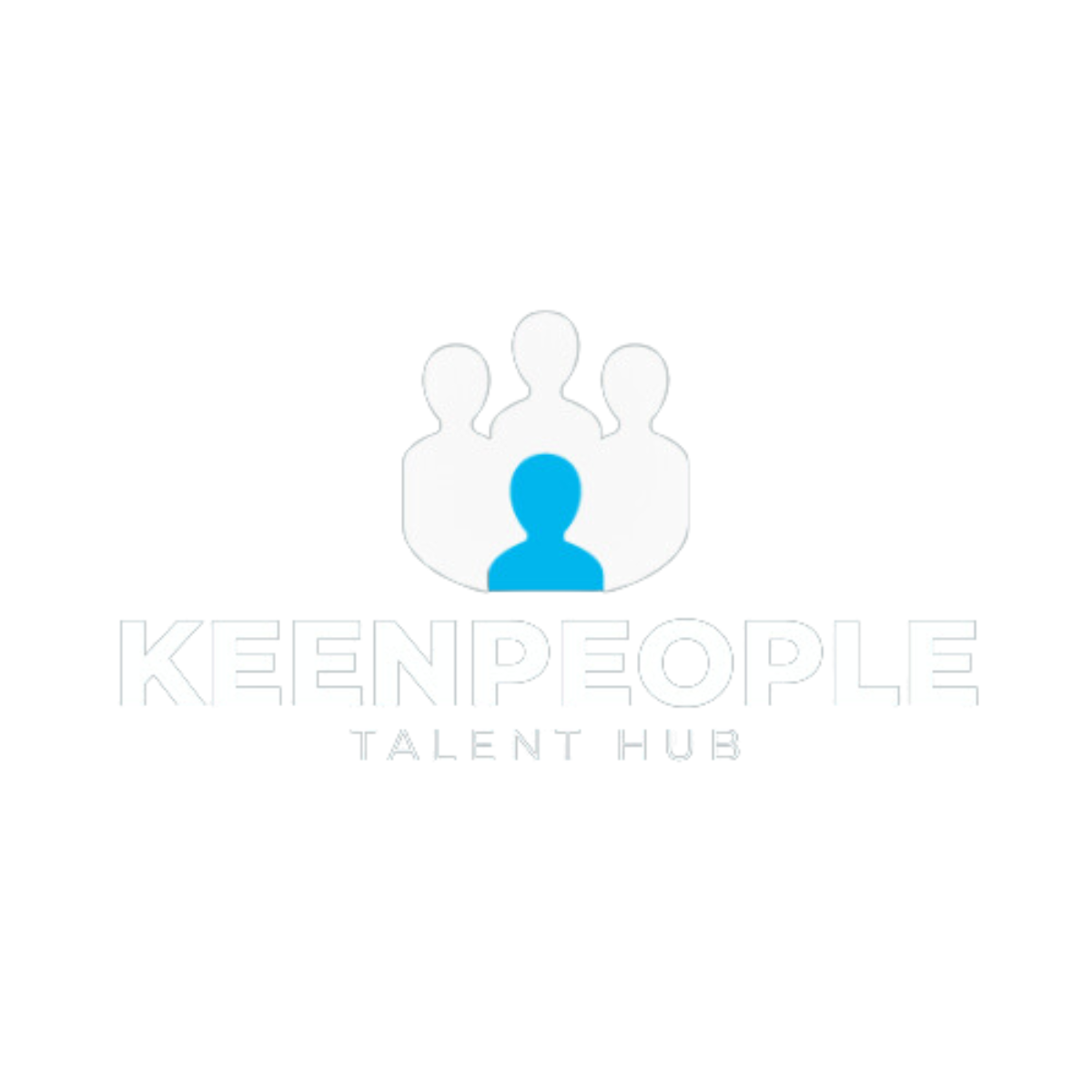Boarding on the journey of job hunting can be both exciting and nerve-wracking, especially when it comes to facing interviews. It’s not just about showcasing your skills and experience; it’s also about making a lasting impression with your professionalism and demeanour. To help you route this crucial stage with confidence, let’s explore into the world of interview etiquette and uncover the keys to leaving a positive impression on your potential employer.
The Pros and Cons of Psychometric Testing for Interviews
Psychometric tests are designed to assess a candidate’s cognitive abilities, personality traits, and other psychological characteristics. While they offer several advantages, they also come with their share of drawbacks.


